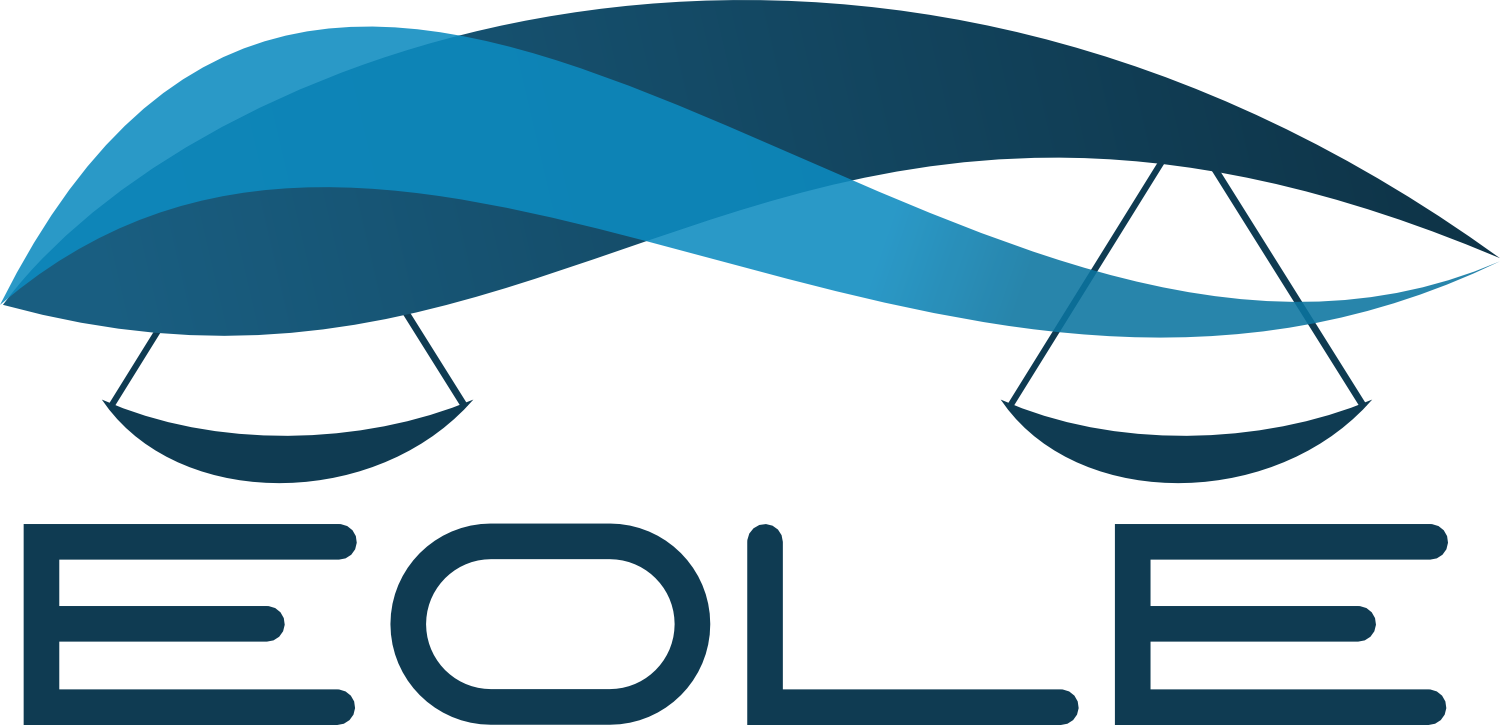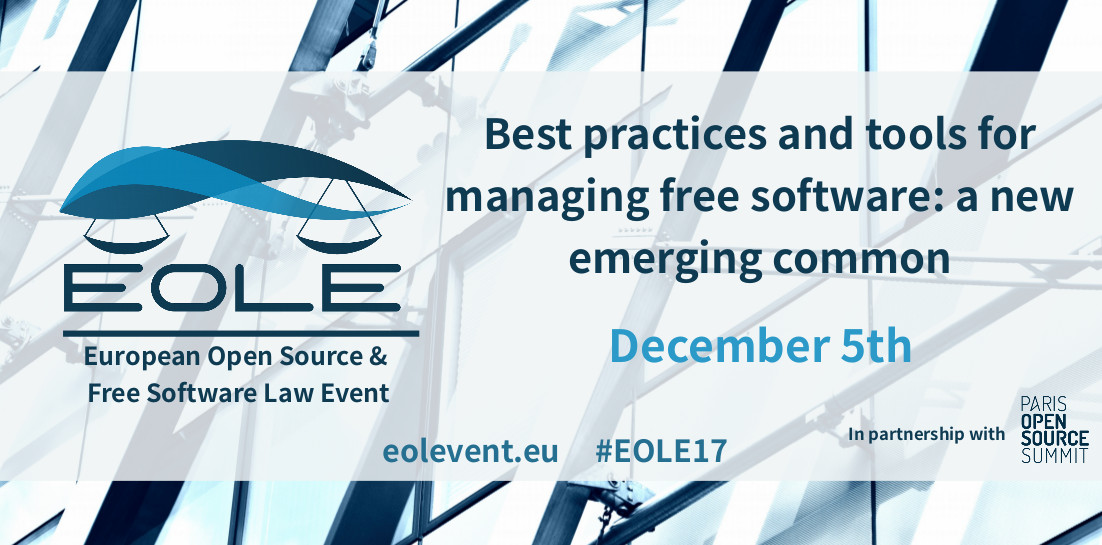The use of free and open-source software provides numerous benefits for organisations, including independence from traditional software publishers, adaptability, and durability. Its adoption has accelerated in recent years due to its growing strategic importance and increased market pressure. In the digital age, open source software is increasingly becoming a significant business differentiator. Failing to take advantage of it to strengthen your business can pose a real risk for hesitant or reluctant organisations.
Therefore, many players are gradually implementing best practices by deploying specific tools, formalising new processes, and designing reference frameworks. These best practices will help the organisation comply with licenses and fully benefit from free and open-source software by focusing on its own added value.
Many resources, such as tools, standards, and processes, are being shared in this context, and organisations are increasingly willing to share their own work. This ‘loss of control’ is less risky because it allows individuals to benefit from pooling and sharing potential risks associated with certain analyses or practices. It also allows for wider access to Open Source communities.
The 2017 edition of EOLE, organised as part of the Paris Open Source Summit, was an opportunity to present these best practices and look at the possibilities for pooling resources.
Bringing together international speakers from institutions, industry and academia, the conference featured 4 key events:
- Sharing tools associated with Open Source management;
- Creating repositories (standards, patent pools, etc.);
- Integrating these discussions into the broader context of compliance (RGPD, Certification, Security, Quality, ITAR, etc.).
Morning
- 8:45 to 9:00 – Welcome over breakfast
- 9:00 to 9:15 – From EOLE to Open Law, sharing to go further – Benjamin Jean, Founder and Chairman of Inno3
- 9:15 to 9:30 – Software Heritage: the emergence of an essential infrastructure – Roberto Di Cosmo, Director of Software Heritage
9:30 – 11:00 | Panel 1 – Sharing practices and processes
Moderator : Benjamin Jean, CEO of inno³
During this first panel, the speakers presented existing practices in terms of Open Source management, as well as several initiatives and reference networks. The aim was to present approaches for identifying potential benefits for other organisations, with a view to pooling resources.
- Legal audit before source code disclosure – Denis Dorotenko, Legal Counsel, Yandex
- A Contributor Policy for a state – Benjamin Jean, Funder and President, Inno3
- The process of developing an internal OS Policy – Andrew Aitken, GM & Global Open Source Practice Leader, WIPRO Limited
- FTF Legal List – Malcolm Bain, Lawyer, IDLaw Partners
11:15 – 12:45 | Panel 2 – Sharing tools
Moderator : Marco Ciurcina, lawyer at Studiolegale.it
Numerous tools exist today to manage Open Source, at different stages in the life of a project, with a model that is itself more or less open. The market is now much more mature for joint initiatives between competing and/or heterogeneous organisations, and with Open Source reinforcing the value of pooling resources, this panel explored the possibilities for convergence.
- Requirements and State of the Art of Open Source License Compliance Tooling – Mirko Boehm, CEO Endocode AG
- Hermine – How to combine current projects to obtain a global and virtuous chain addressing FOSS management at a global level – Camille Moulin, Consultant Inno3
- Software Heritage – How can we share efforts and collectively facilitate FOSS management issues in the IT Industry? – Magali Fitzgibbon, Chargée de Mission – Software Heritage
- Combining Open Source & Commercial approaches from an editor’s point of view – Philippe Ombredanne, nexB & AboutCode.org
Afternoon
14:00 – 16:00 | Panel 3 – Building commons: standards, patent pools, etc.
Moderator : Malcolm Bain, lawyer IDLaw Partners
Collective initiatives bringing together Open Source players have proliferated in recent years, resulting in a harmonisation of practices and a consolidation of resources. This panel presents the efforts made in terms of interfaces, standards and groupings designed to accelerate and secure the adoption of Open Source.
- Patent strategies – Keith Bergelt, CEO, Open Invention Network
- Open Chain – Malcolm Bain, Lawyer, IDLaw Partners
- Evolution of the EUPL and the European commission’s strategy – Patrice-Emmanuel Schmitz, Legal Expert, European Commission
- SPDX project – Philippe Ombredanne, nexB & AboutCode.org
- Proposal for a common approach to evaluate open assets (software, database, etc.) – Benjamin Jean, Founder and President, Inno3
- Eclipse as a common collaboration framework– Gael Blondelle, Director, European Ecosystem Development at Eclipse Foundation
16:15 – 17:30 | Panel 4 – Extending compliance to other fields: RGPD, Certification, Security, Quality, etc.
Moderator : Benjamin Jean, CEO of inno³
This panel focuses on the integration of Open Source management into the wider process of adopting a compliance policy. In this way, regulations specific to a business (health, law, etc.), an industry (space, automotive, etc.), or more general (such as the RGPD) can be usefully interfaced – in terms of processes, actions, governance, relations with suppliers, etc. – with a view to pooling them within each organisation. – within each organisation.
- Conformité des traitements logiciels, données personnelles et qualifications – François Pellegrini, Professor at Université de Bordeaux
- SAM & Open Source – Eric Bastin, Software Asset Manager & Laurie Rabinovici, Chief Legal Officer, U GIE IRIS (Systeme U)
- Certification and Open Source Hardware – Caroline Corbal, Inno3
- Comment intégrer ces enjeux en termes de formation au numérique ? – Nicolas Pettiaux, École supérieure d’informatique de la Haute école de Bruxelles

